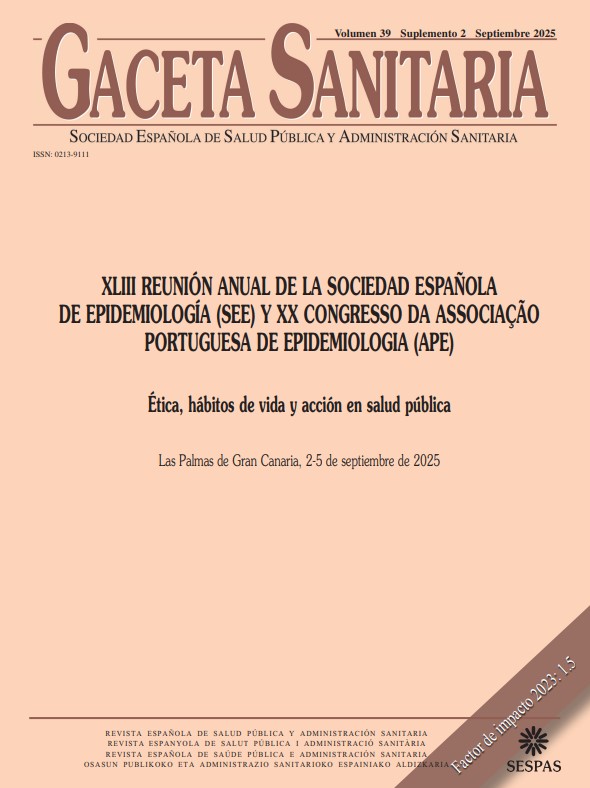836 - PRELIMINARY RESULTS OF A PORTUGUESE VERSION OF PREVENT FOR WORK QUESTIONNAIRE (P4WQ)
ESS, Polytechnic of Porto; REQUIMTE/LAQV, ESS, Polytechnic of Porto; Centre for Health Studies and Research of the University of Coimbra/Centre for Innovative Biomedicine and Biotechnology (CEISUC/CIBB); RISE-Health, Center for Translational Health and Medical Biotechnology Research (TBIO), ESS, Polytechnic of Porto.
Background/Objectives: Musculoskeletal disorders (MSDs) are among the most prevalent work-related health conditions. While both occupational and non-occupational factors contribute to the prevalence of work-related musculoskeletal disorders (WRMSDs), psychosocial risks have gained increasing importance in understanding their determinants. The Prevent for Work questionnaire (P4Wq) is a 20-item tool based on a biopsychosocial model. It assesses risk factors associated with WRMSDs, addressing both well-established physical risks and emerging psychosocial factors. Using validated tools in the local language enhances result comparability and generalizability, supporting more effective interventions and policy recommendations tailored to the population's needs. The main aim of this study was to translate and validate the P4Wq for the Portuguese. The P4Wq identifies risk groups and provides data for defining priorities, pedagogical actions, and preventive measures related to WRMSDs.
Methods: The culturally adapted Portuguese version of the P4Wq was applied in a sample of 227 workers from a Portuguese company. Cronbach’s alpha coefficients were calculated for internal consistency and an Exploratory Factor Analysis (EFA) was conducted.
Results: The Exploratory Factor Analysis (EFA) confirmed the adequacy of the original four-factor structure, aligning with findings from other researchers. Regarding internal consistency, the P4Wq demonstrated excellent reliability, with a Cronbach’s alpha of 0.91. Additionally, the subdomains showed strong internal consistency, with Cronbach’s alpha values as follows: Job Satisfaction (0.89), Mental Stress (0.83), Pain Perception (0.83), and Physical Stress (0.89).
Conclusions/Recommendations: These results suggest that the P4Wq is a reliable tool for assessing different dimensions related to well-being at work, reinforcing its validity and potential application in professional contexts. The preliminary results for the Portuguese version of the P4Wq can be considered a valid and reliable instrument for assessing workload, stress, and job satisfaction dimensions in the workplace.















